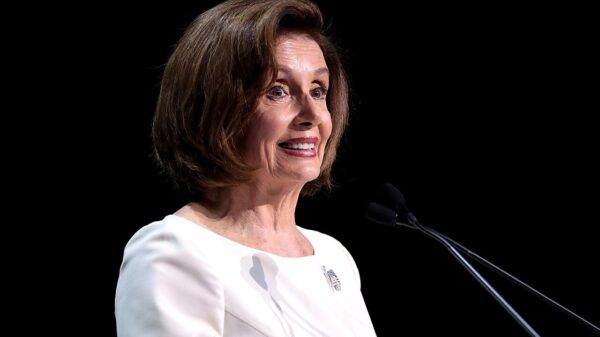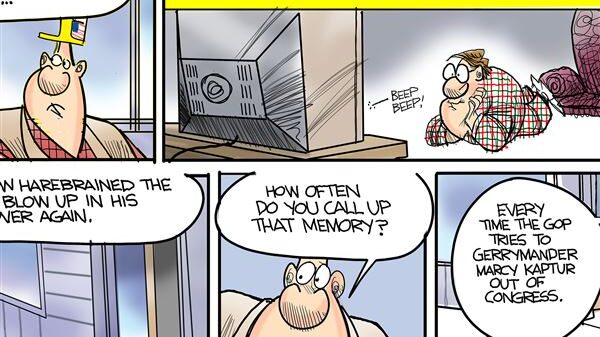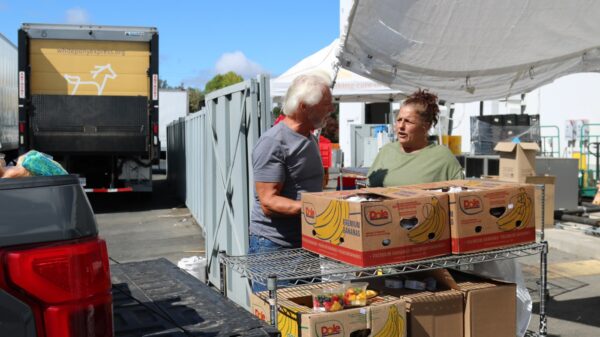Residents of Longmont, Colorado, expressed a range of concerns in recent discussions, focusing on the recent mayoral election results, local governance, and community services. On November 6, 2025, the ongoing debate about ranked choice voting (RCV) resurfaced, with many arguing that its absence impacted the election outcome. The winning candidate secured only 39.5% of the vote, leading critics to argue that RCV could have prevented such a result.
Local Democrats advocating for RCV are reflecting on this election cycle with disappointment. The lack of broader support for their candidate raises questions about the effectiveness of current voting methods. Notably, the Denver City Council rejected RCV earlier in the summer, indicating a divide in opinions on electoral reform.
Community members are also grappling with frustrations about local governance. One resident shared their challenges in reaching city departments, stating that all inquiries led to voicemail messages, making it difficult to communicate pressing issues. “It’s ridiculous. There’s never a person to speak to,” they commented, highlighting a common grievance among constituents seeking assistance.
In a lighter vein, residents are discovering new local businesses, such as the recently opened Wild Blue Café at the corner of 11th and Francis. Formerly a Ziggi’s location, patrons are enjoying the café’s offerings, including savory scones that have garnered positive reviews.
Another topic stirring conversation is the reliance on government assistance programs. With 42 million Americans relying on the Supplemental Nutrition Assistance Program (SNAP), concerns about potential fraud and the program’s efficiency are rising. Some residents expressed interest in understanding the demographic breakdown of SNAP recipients, particularly regarding undocumented immigrants. However, they noted challenges in obtaining this data due to reporting practices in certain states, including Colorado.
In sports, the University of Colorado football team has drawn attention as well. Recent articles reported that the team’s coach is restricting media access to protect players’ mental health. Some commentators argue that as student-athletes are now compensated for their performance, they should also face public scrutiny if they underperform. “Players should not be cuddled and need to face up to their failings,” one local resident remarked, reflecting a growing sentiment that accountability is vital in collegiate sports.
These discussions illustrate the complexity of community sentiments in Longmont, where local governance, electoral processes, and social programs are all under scrutiny. As the city continues to evolve, residents remain actively engaged in shaping the future of their community.






































































